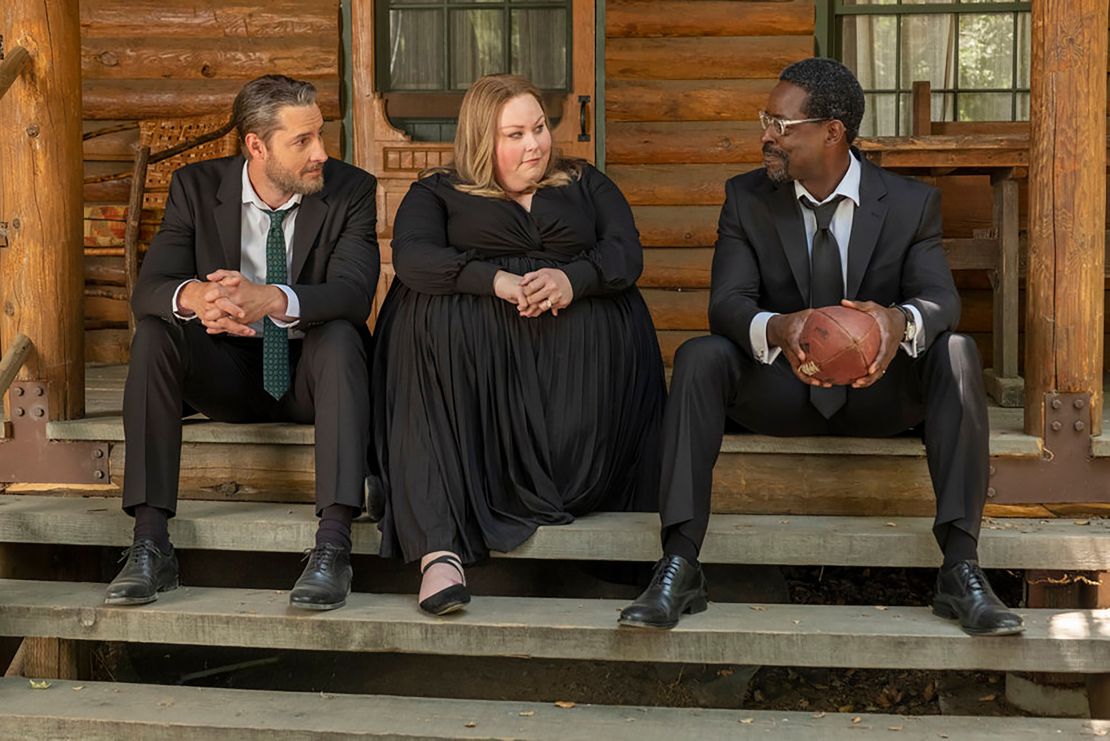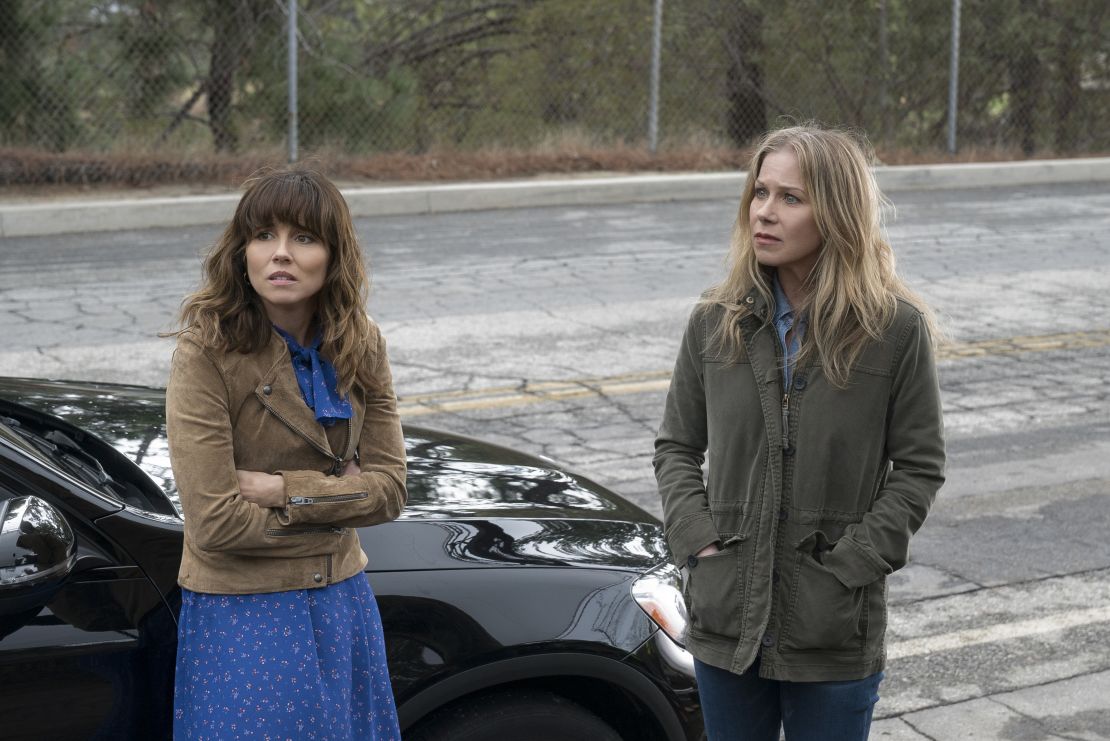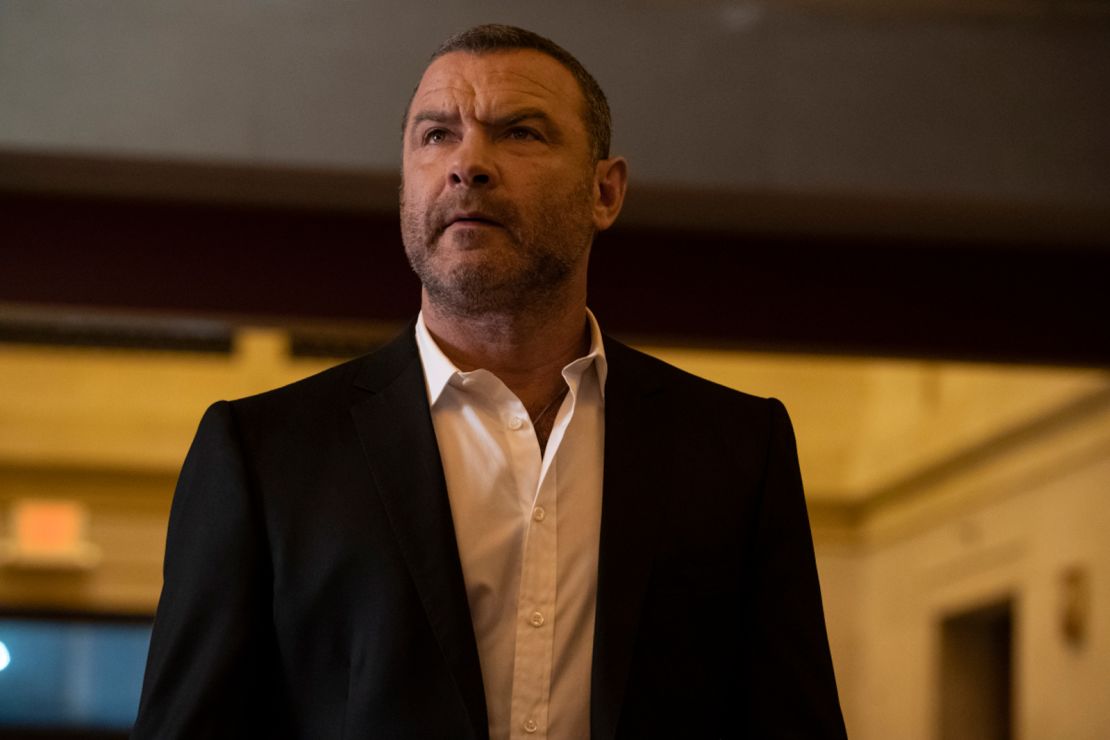To win a gold medal in Olympic sports like diving or gymnastics, the key last step is to stick the landing. That’s also true for TV series, which, however popular they might have been at their apex, can leave a sour aftertaste if they mess up their finales.
This year brought a mixed bag of finishes, from AMC’s “Better Call Saul” – which put a cherry on top of its splendid run – to Showtime’s “Ray Donovan,” which after ending abruptly in 2020 presented a dreary movie intended to provide its audience a belated degree of closure.
A few disclaimers: This isn’t a comprehensive list, with “His Dark Materials,” “The Good Fight” and “Better Things” among the other shows – some notable, others less so – that ended their runs this year. Also, entries are limited to programs where the producers knew they were coming to an end and could plan accordingly, thus excluding something like “Westworld,” which was canceled after its fourth season and deprived the opportunity to craft an ending – not, frankly, that it would have likely mattered much given its confusing creative spiral.
From top to bottom, then, here are some of the series that said goodbye in 2022, and whether their routines wowed the judges (OK, this particular judge).

“Better Call Saul” (AMC, August 16): All those teases of a black-and-white future finally came together as the “Breaking Bad” spinoff reached its conclusion, which included weaving in some of the original characters to help say goodbye. Given the suspense that always existed about what separated Saul Goodman (Bob Odenkirk) from Kim Wexler (Rhea Seehorn), the understated payoff, and Saul’s act of contrition, seemed as pitch perfect as most of what preceded it.
“Ozark” (Netflix, April 29): A family that crimes together apparently stays together, as the Byrdes left behind plenty of collateral damage in their final dangerous arc, and in the process brought their children into what had become the family business. A beautifully acted series from start to finish, with Jason Bateman and Laura Linney leading the way.

“This is Us” (NBC, May 24): The unabashedly sentimental and romantic finale nicely reflected the tone of the show throughout its run, which is something to which finales should always aspire. It also created a strong showcase for Mandy Moore, while capturing the challenges of caring for and saying goodbye to an aging parent.
“Atlanta” (FX, November 10): Anyone expecting some kind of closure clearly wasn’t paying attention to this long-delayed final season, which was even more lyrical, scattered and occasionally surreal than those leading up to it. Still, the Donald Glover series went out entirely on its own terms, which was interesting simply on that level, yielding great moments along the way more than a cohesive whole.

“Black-ish” (ABC, April 19): The long-running ABC sitcom featured plenty of memorable episodes during its eight-season run. The ambitious finale wasn’t necessarily one of them, but after everything from a New Orleans-style funeral to a cameo by gymnast Simon Biles, it sweetly closed with the reminder that sitcoms might end, but life goes on. Like “The Walking Dead” (see below), the show wasn’t helped by the determination to spin it off with “grown-ish” and “mixed-ish,” another example of franchise fatigue.
“After Life” (Netflix, January 14): Ricky Gervais’ melancholy series about dealing with grief cut against the grain by choosing a less-uplifting finish than most movies and TV devoted to this theme, accepting that not everyone can happily move on after experiencing tragedy. The thoughtful payoff couldn’t elevate this to the level of “The Office” and “Extras” co-creator’s top-tier efforts.

“Grace and Frankie” and “Dead to Me” (Netflix, April 29 and November 17): Two Netflix shows about the unlikely friendships between two very different women said goodbye, with the former providing a nifty showcase for older stars, beginning with Jane Fonda and Lily Tomlin, while ending with a bit of whimper after seven seasons. Both flirted with death in their last seasons, as “Dead to Me” centered on the bond between Jen (Christina Applegate) and Judy (Linda Cardellini), even if the twists leading up to it, starting with the whole James Marsden twin thing, had begun to grow a bit tedious.
“The Walking Dead” (AMC, November 21): The main problem with the ending of this AMC staple is that it really wasn’t an ending at all, as all those promos for spinoff series featuring prominent characters made clear. Mostly, it felt like an OK way to complete the season after the drawn-out Commonwealth plot. Beyond that, it’s basically an intermission on the “Dead” franchise, in part because the network is so heavily invested in this “zombie-verse” it has to keep lurching onward.

“Ray Donovan: The Movie” (Showtime, January 14): After abruptly ending in 2020, this gritty Showtime drama sought to tie up loose ends with a movie, relying on an extensive flashback that only marginally added to the story. Liev Schreiber’s Ray wielded a mean bat in his glory days, but this last trip to the plate (unlike “Dexter: New Blood,” which premiered in 2021 but didn’t officially end until this year, making the most of its limited-series do-over) constituted a swing and a miss.
“Killing Eve” (BBC America, April 10): Setting aside the tired nature of the “Bury your gays” trope, this once-addictive series concluded with an episode that was as chaotic as it was unsatisfying. Having burned brightly at first, the spy dramedy should be remembered for its initial cat-and-mouse game involving the office-bound analyst Eve (Sandra Oh) and the accomplished assassin Villanelle (Jodie Comer), and not incidentally, turning the then-unknown Comer into a bankable star.




